2026 Letter of Inquiry Guidelines
Three Rivers Community Foundation is pleased to release our 2026 Letter of Inquiry Guidelines!
Deadline to apply: Friday, January 23, 2026, by 6:00 PM EST
Three Rivers Community Foundation (TRCF) advances social change through grantmaking, advocacy, and capacity development for grassroots organizations. TRCF embraces and practices Change, not charity™ by empowering grantee organizations to ensure social, economic, and environmental justice in Southwestern Pennsylvania. Since 1989, the Foundation has awarded more than 500 grants totaling over $1,300,000 to groups challenging attitudes, policies or institutions as they work to promote social, economic, or environmental justice (i.e., social change) throughout the region.
TRCF offers Annual Grants for projects or operating support that usually range from $500 to $5,000.
If you are new to us, and thinking of applying, we encourage you to watch this recording of our 2022 Grant Information Session (Passcode: .h9ZM.FZ - don't miss the period at the front!) from Zoom. We go over the LOI guidelines, the full grant application, and answer questions. You are encouraged to email us with absolutely any questions you still have, though!
TRCF strongly prefers:
- Grassroots organizations with budgets under $250,000;
- New organizations or projects that have not been previously funded by TRCF;
- Projects that take place or have a strong focus on creating change in Southwestern PA (Allegheny, Armstrong, Beaver, Butler, Fayette, Greene, Indiana, Lawrence, Washington, and Westmoreland counties);
- Projects addressing persistent divisions in society based on race, color, age, sexual orientation, gender identity, class, religion, disability, gender, ancestry, or national origin;
- Projects developing new, grassroots leadership, with strong components of community organizing, community education, problem identification and solving, and community building;
- Youth-led projects and those promoting youth activism;
- Projects addressing emerging or cutting-edge issues and using new approaches to problem solving;
- Organizations or projects that take affirmative steps to assure that their workplaces, programs, and services are accessible to people with disabilities; and/or
- Collaborations and coalitions that emphasize joint strategies and projects.
TRCF does not consider:
- Organizations with annual operating budgets in excess of $1.5 million;
- Social service projects;
- Individuals;
- Social enterprises;
- Activities that benefit private interest, business, or profit-making groups;
- Funding of capital expenses that are not tied to a specific project (i.e., general building maintenance or upgrades). However, building improvements may be funded if demonstrated to be essential to planned project activities or goals;
- Funds being used for underwriting annual fundraisers or matching grants;
- Any expenses related to a project, or operating costs, that are incurred before July 1, 2026;
- Organizations whose primary events, work, or programs are held in locations either completely or partially inaccessible to people with disabilities;
- Direct purchase of office equipment (computers, fax machines, copiers, phones, etc.) solely for office administrative activities. However, the purchase of equipment may be funded if demonstrated to be essential to planned project activities or goals;
- Projects that proselytize for any specific religion (i.e., passing out religious literature to participants in the program for which funding is being requested); or
- Arts programs that do not include a means for the audience to discuss the social change related issue(s) the work presents, or some other form of action beyond just the exhibit/performance.
Disability Rights
TRCF believes in fully equality for all, including people with disabilities. Events we fund must be held in fully-accessible locations. If you’re working on a project to benefit people with disabilities, we expect to see people with disabilities at the planning table.
We expect applicants to be sensitive to the cause, by using person-first language when applicable. As people with disabilities exist in all communities, we expect to see groups working for progressive social change to be inclusive.
Inside Our Minds is a peer-controlled radical mental health collective. They host events such as trainings, mental health cafes, and the Anonymous Open Mic series. They also publish a zine, Yinz Mad?, that amplifies the voices of people with mental health diagnoses.
Economic Justice
TRCF sees community investment as key to creating a truly just society. When people in the community feel a sense of pride and ownership of said community, they work better together for justice. TRCF looks for applicants that aren’t just feeding the hungry (as valuable as that is) – we look for those groups that are asking why there are still hungry people in this country, and uniting them to advocate for fair treatment and accountability.
At a grassroots level, economic justice can take many forms – from promoting community prosperity by increasing green space, to working with local universities to get them to cease using sweatshops to create logo merchandise, to training low-income individuals on interview and negotiation skills.
Environmental Justice
True environmental justice doesn’t just seek to regulate polluters – it mobilizes people to advocate for laws banning pollutants, or reporting polluters to authorities, or banning potentially hazardous industries from even setting up. Environmental justice relies on the people who are most affected by pollution being involved in the fight to clean it up and make changes in policy.
Ranging from creating sustainable communities (for instance, creating community gardens so residents can have access to fresh produce), to stopping polluters, to imparting environmentally-friendly curriculum to children in schools, environmental justice is innovative and visionary work, always with an eye to the future.
LGBTQ+ Rights
TRCF believes in full equality for all, including people who are lesbian, gay, bisexual, transgender, queer, questioning, intersex, etc. As members of every community, whether “out” or not, we believe strongly that community groups and organizations need to be inclusive and welcoming of LGBTQ individuals.
Giving LGBTQ individuals visibility and a voice, especially in rural areas, is especially important to breaking down barriers that prevent full inclusion and tolerance.
Racial Justice
TRCF recognizes that we are not yet living in a “post-racial” world. Racial injustice rears its head in many ways in society, and we must continue the struggle for equality and understanding differences. When the TRCF grantmaking committee sat down to discuss just what “Racial Justice” entails, this is what they came up with:
Anti-racism; reconciliation; variety; intersectionality with other issues; empowerment; advocacy & speaking out; change of public policy; equality in work, love, and play; sexual freedom; bridging of gaps across all racial divides; education; anti-discrimination; healing inter- and intra-racial wounds; reparations; societal, personal, and legal accountability; accurate and broad representation in politics, media, etc.
Women, Youth, and Families
This broad category encompasses everything from promoting women’s rights, to empowering youth to be activists and agents of change, to ensuring families have voices in public policy and safe, creative spaces in which to live and play. We look for projects that actively try to include women’s voices and perspectives.
We look for projects and organizations that are working on changing the root causes that allow things like poverty, hunger, and domestic violence to exist. When we receive grant applications regarding youth, we want to see youth involved at all levels of the planning and decision-making process.

